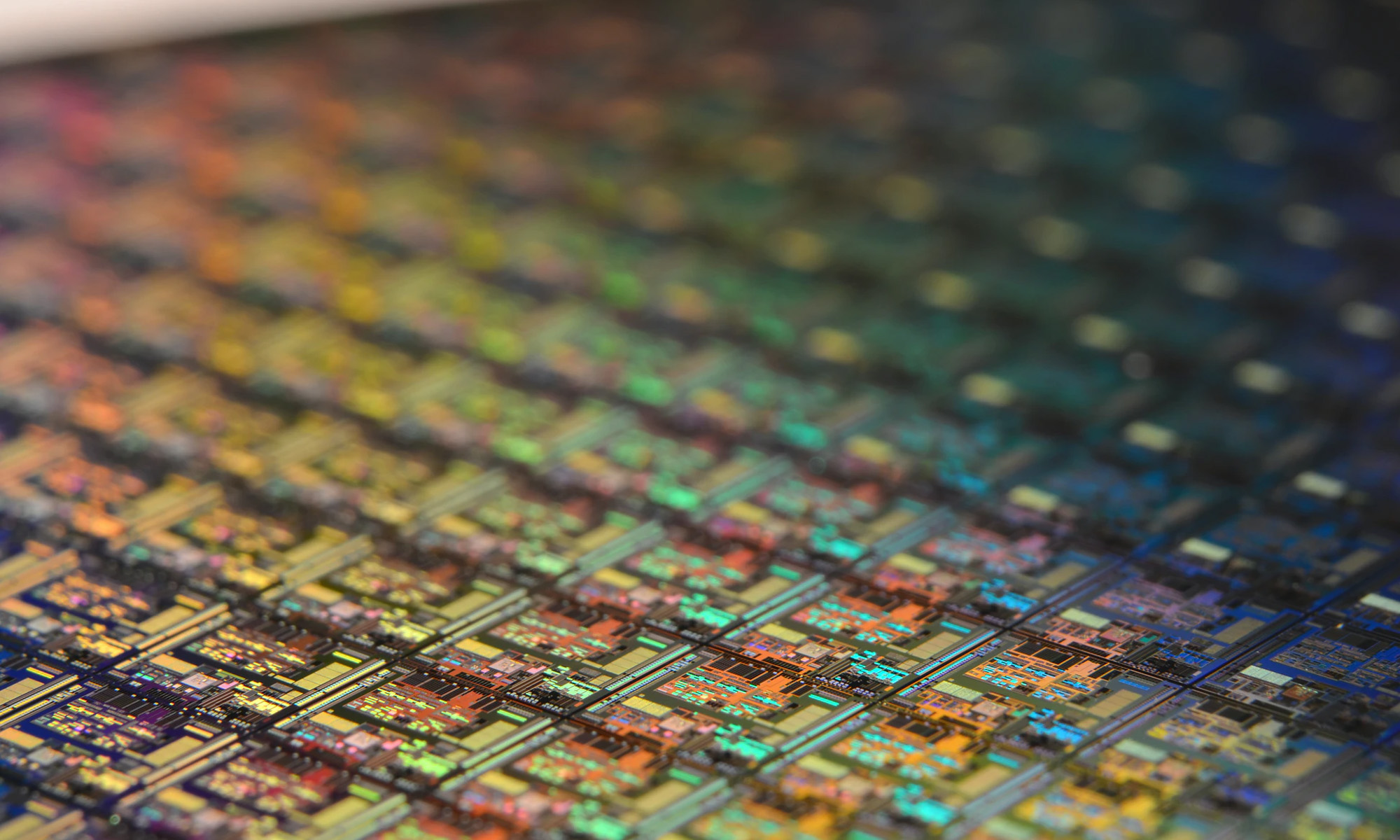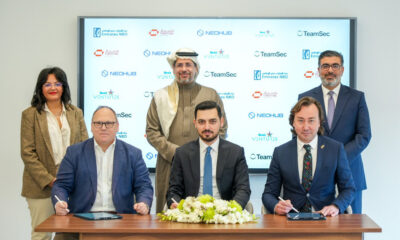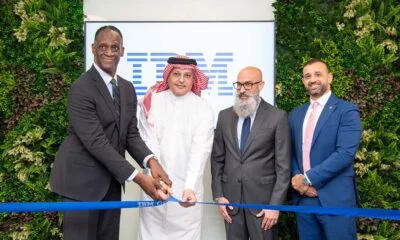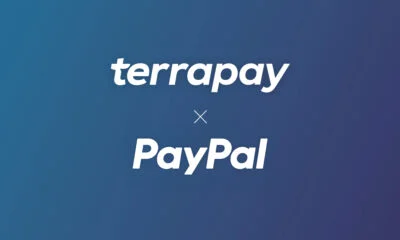News
QFZA Announces Qatar’s First Laptop Manufacturing Facility
Once operational, it will become Qatar’s first laptop manufacturing facility and ship out over 350,000 products every year.

The global outbreak of the COVID-19 pandemic and the subsequent swift transition toward remote work has tested the production capacity of virtually every laptop manufacturer. In the Middle East, the laptop and desktop market grew more than 12 percent during the pandemic, with shipments going up by 23 percent. Now, Qatar Free Zones Authority (QFZA) has announced its plan to establish a state-of-the-art production facility in Umm Alhoul Free Zone. Once operational, it will become Qatar’s first laptop manufacturing facility and ship out over 350,000 products every year.
The task of building the facility has been appointed to iLife Digital, a leading intelligent robotics and electronics company based in Florida, US, and Prime Technologies, a subsidiary of Ali Bin Ali Holding. The two companies will use it to produce everything from laptops to desktop computers to smartwatches.
“We are proud to host this partnership between iLife Digital and Prime Technologies at Umm Alhoul Free Zone. It is the latest example of our close collaboration with the Qatari private sector to foster growth and innovation for the country and the broader region,” said H.E. Ahmad Al-Sayed, Minister of State and Chairman of QFZA.
In addition to becoming the region’s manufacturing powerhouse, the new facility will also support logistics and R&D activities and become home to a consumer solutions center. In total, it’s expected to create 160 jobs in the region, including 144 skilled opportunities.
Also Read: Dubai-Based Carasti Lets You Rent A Car For Up To Two Years
“Our Group has always been known for pioneering efforts and supporting innovations to get the best for the people of Qatar. The new facility, with its state-of-the-art production and R&D facility along with a logistics and customer solutions center, is a reiteration of such efforts,” commented Vice-Chairman & EVP of Ali Bin Ali Holding Mr. Nabeel Ali Bin Ali.
The construction of Qatar’s first laptop manufacturing facility is an important step toward achieving the country’s National Vision 2030, whose goal is to create a knowledge-based economy and promote economic diversification.
News
Google Releases Veo 2 AI Video Tool To MENA Users
The state-of-the-art video generation model is now available in Gemini, offering realistic AI-generated videos with better physics, motion, and detail.

Starting today, users of Gemini Advanced in the MENA region — and globally — can tap into Veo 2, Google’s next-generation video model.
Originally unveiled in 2024, Veo 2 has now been fully integrated into Gemini, supporting multiple languages including Arabic and English. The rollout now brings Google’s most advanced video AI directly into the hands of everyday users.
Veo 2 builds on the foundations of its predecessor with a more sophisticated understanding of the physical world. It’s designed to produce high-fidelity video content with cinematic detail, realistic motion, and greater visual consistency across a wide range of subjects and styles. Whether recreating natural landscapes, human interactions, or stylized environments, the model is capable of interpreting and translating written prompts into eight-second 720p videos that feel almost handcrafted.
Users can generate content directly through the Gemini platform — either via the web or mobile apps. The experience is pretty straightforward: users enter a text-based prompt, and Veo 2 returns a video in 16:9 landscape format, delivered as an MP4 file. These aren’t just generic clips — they can reflect creative, abstract, or highly specific scenarios, making the tool especially useful for content creators, marketers, or anyone experimenting with visual storytelling.
Also Read: Getting Started With Google Gemini: A Beginner’s Guide
To ensure transparency, each video is embedded with SynthID — a digital watermark developed by Google’s DeepMind. The watermark is invisible to the human eye but persists across editing, compression, and sharing. It identifies the video as AI-generated, addressing concerns around misinformation and media authenticity.
While Veo 2 is still in its early phases of public rollout, the technology is part of a broader push by Google to democratize advanced AI tools. With text-to-image, code generation, and now video creation integrated into Gemini, Google is positioning the platform as a full-spectrum creative assistant.
Access to Veo 2 starts today and will continue expanding in the coming weeks. Interested users can try it out at gemini.google.com or through the Gemini app on Android and iOS.





















